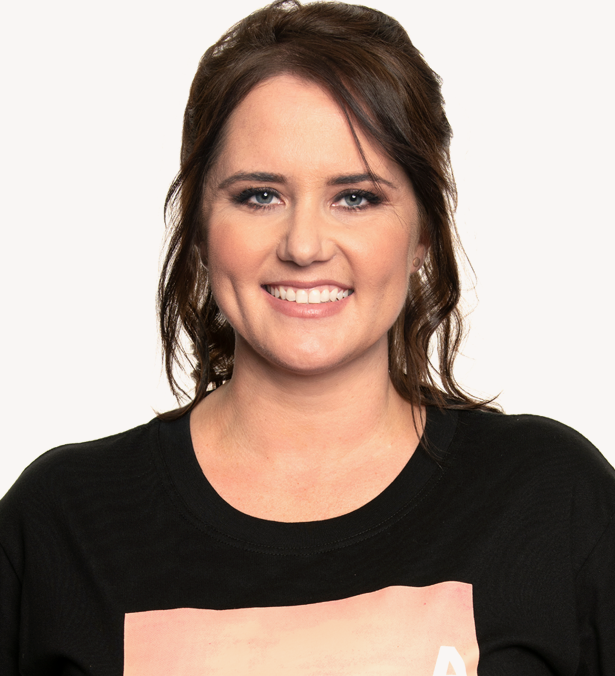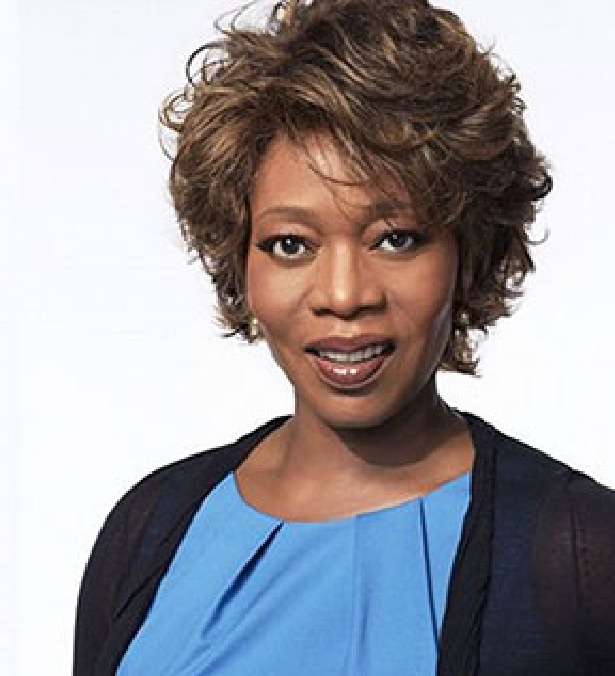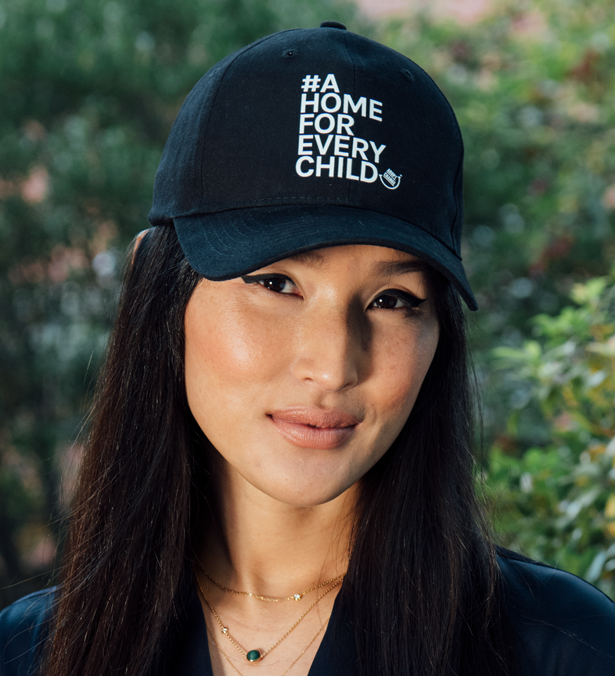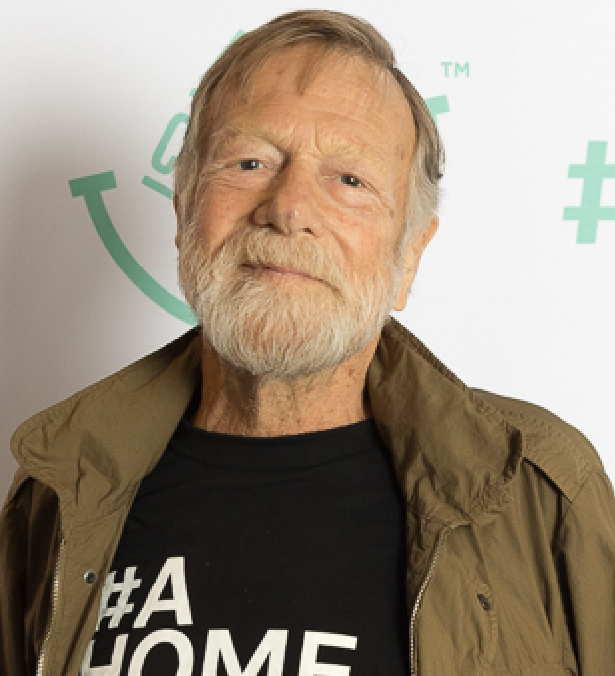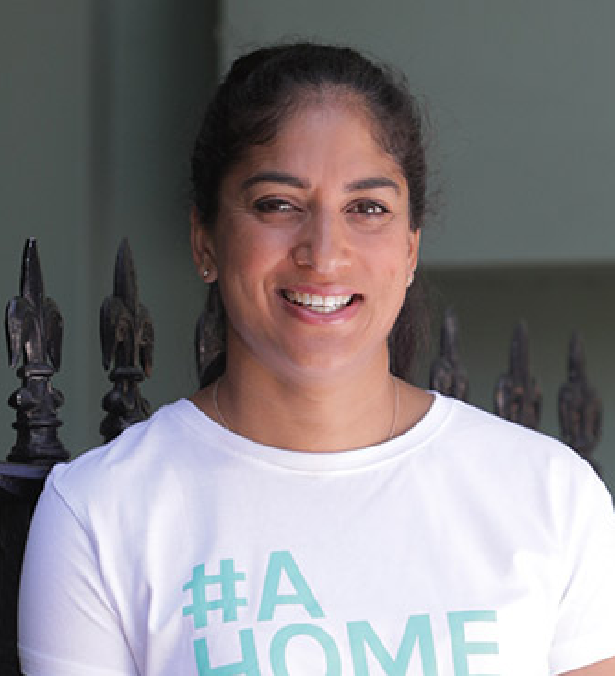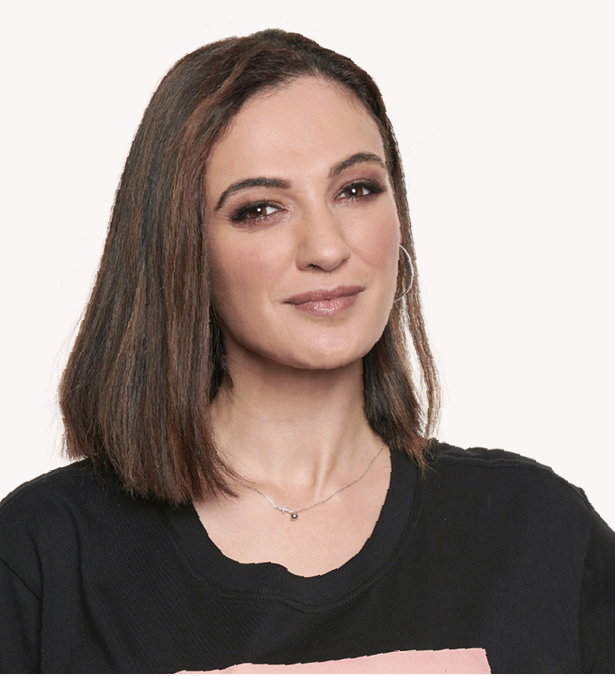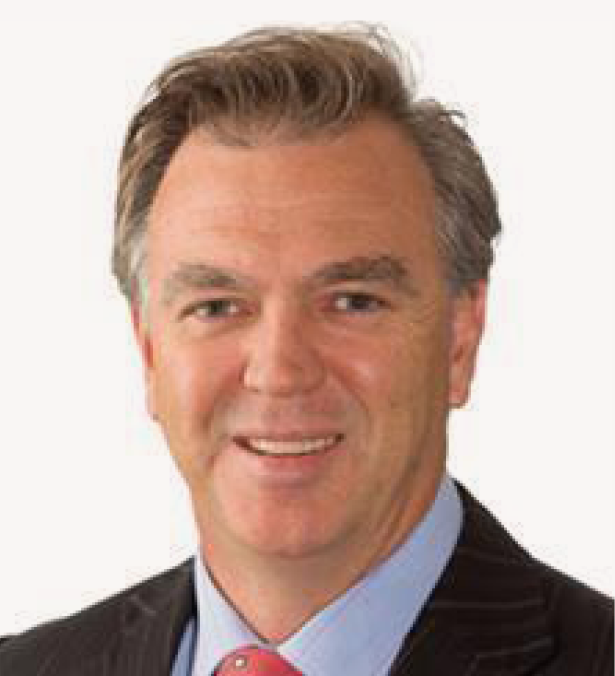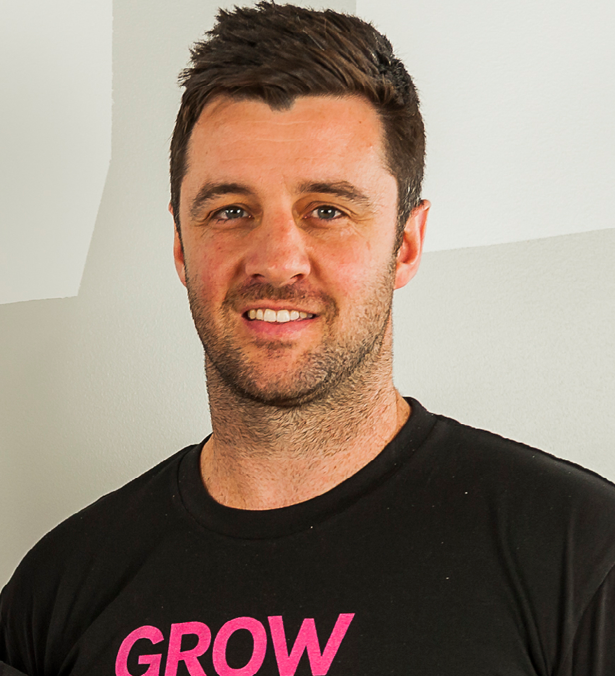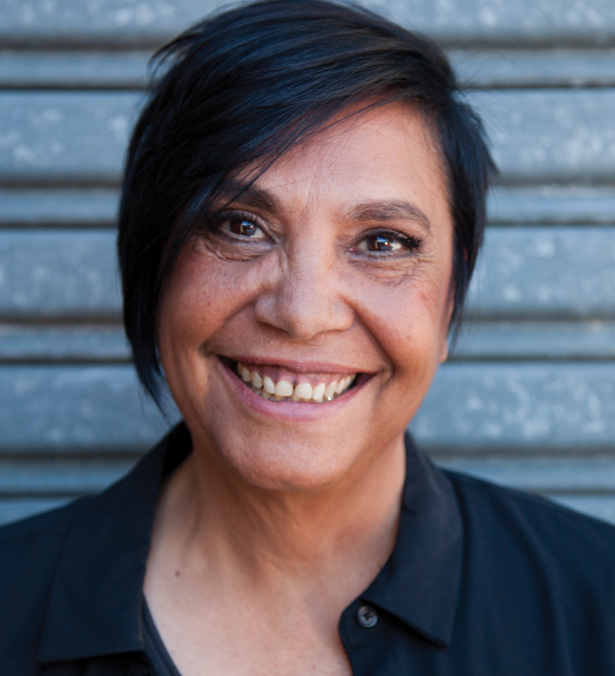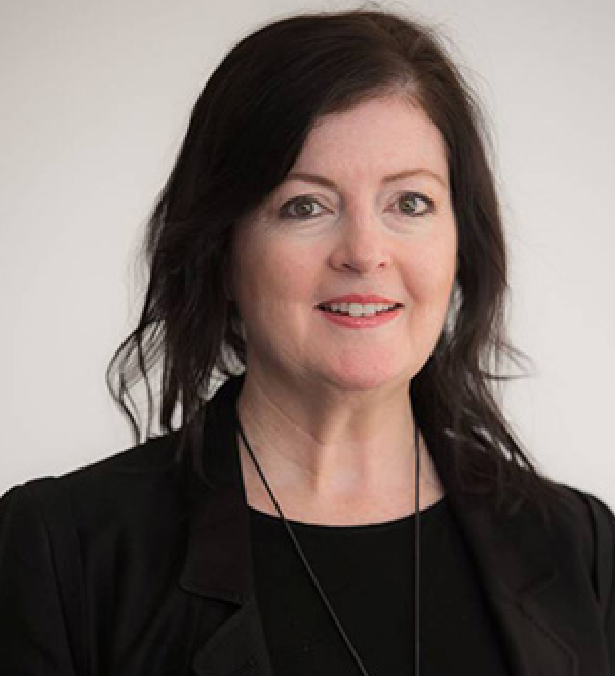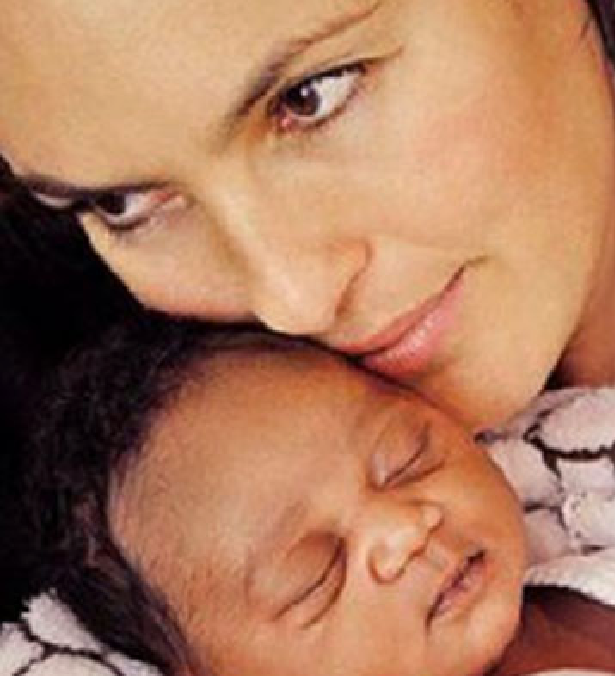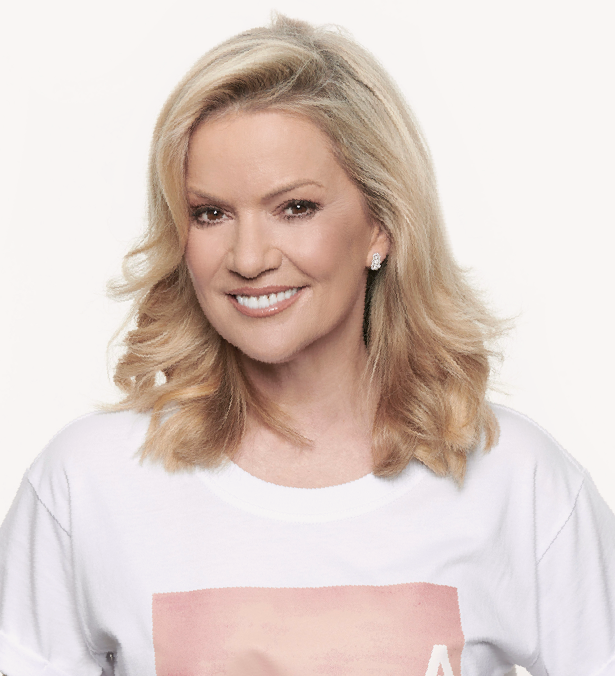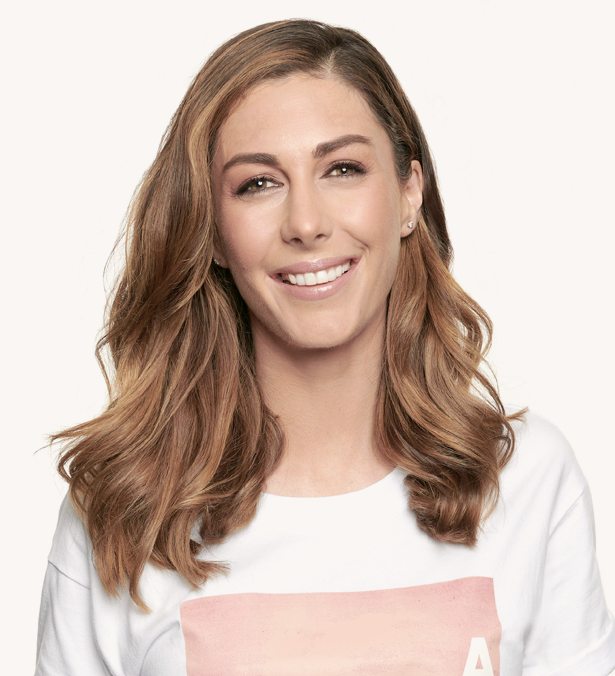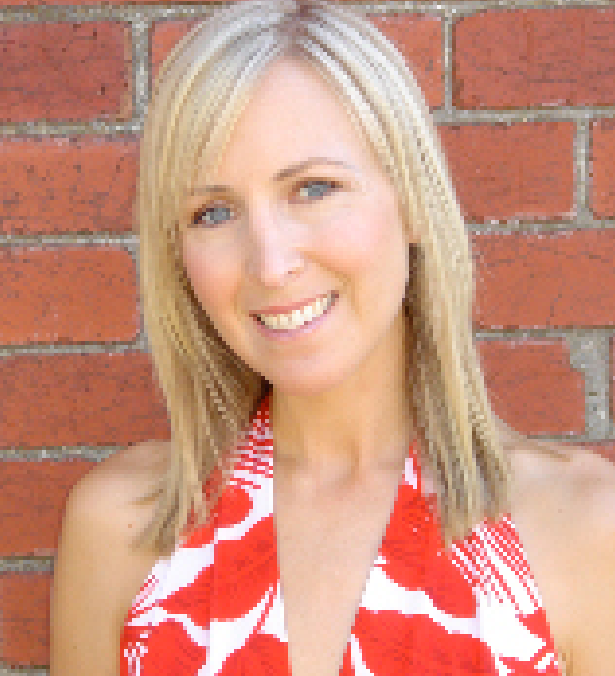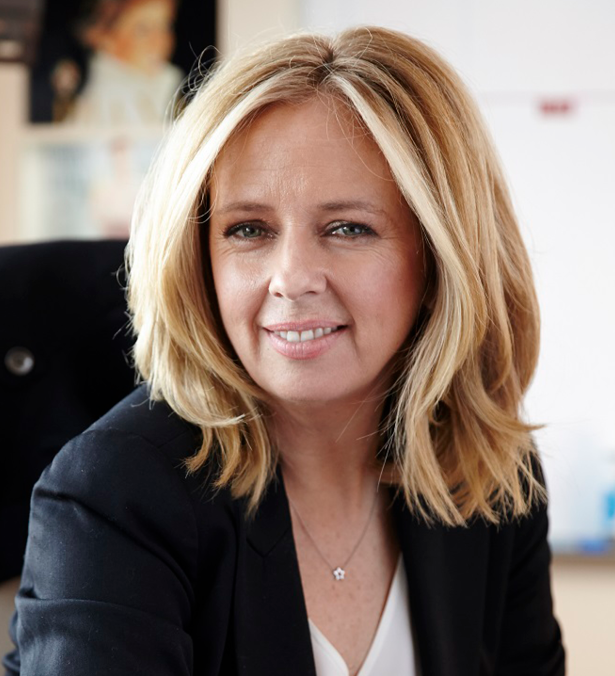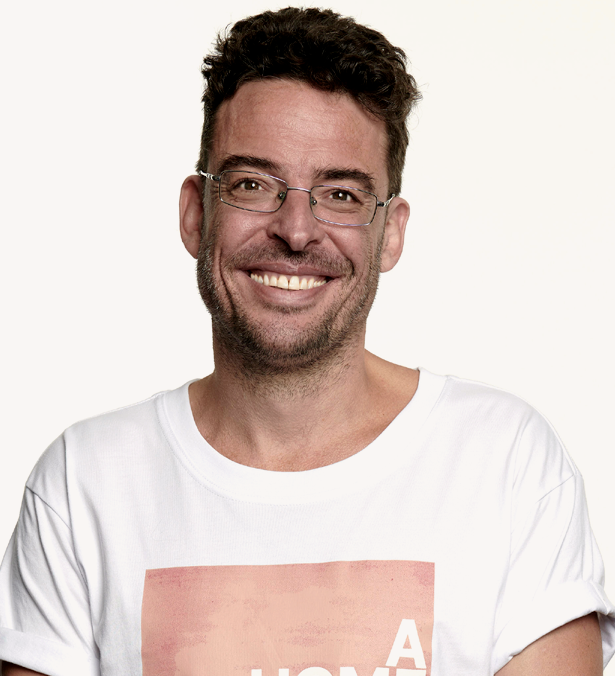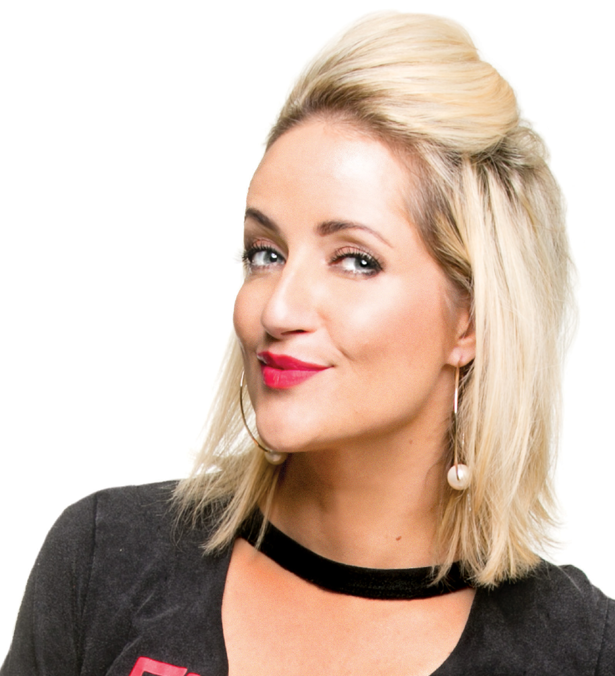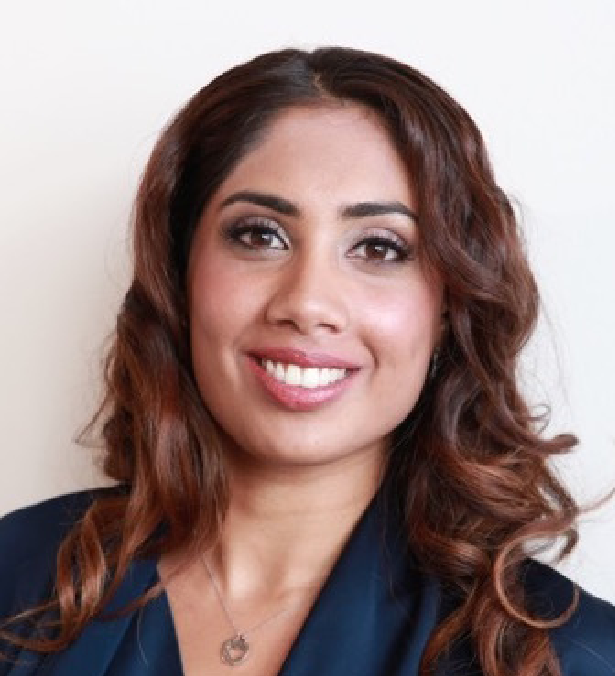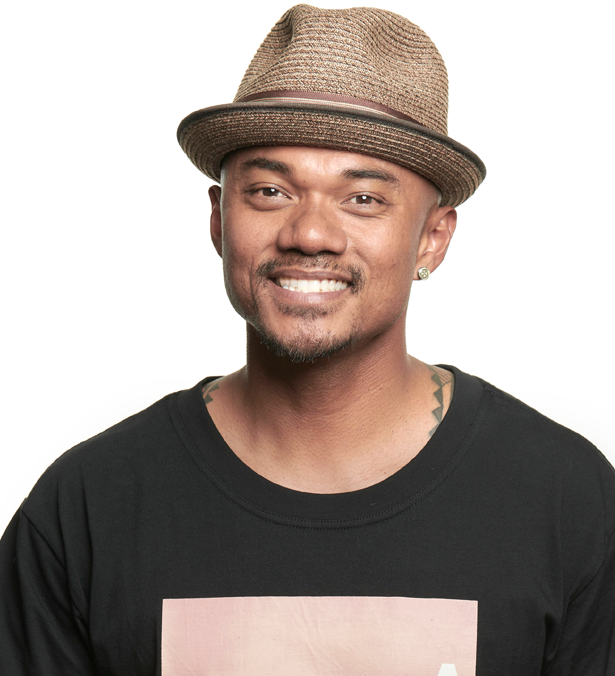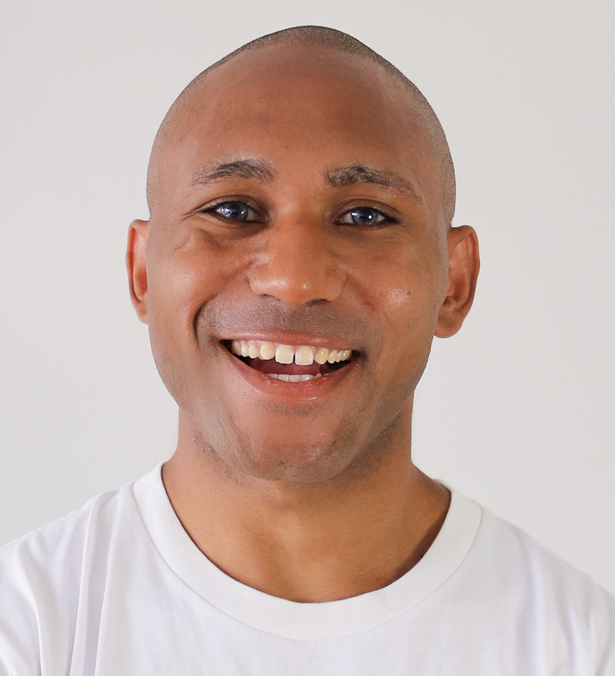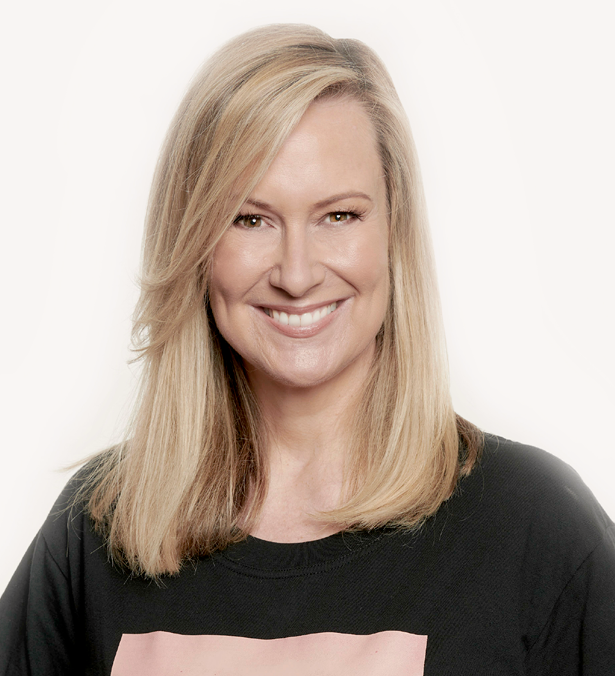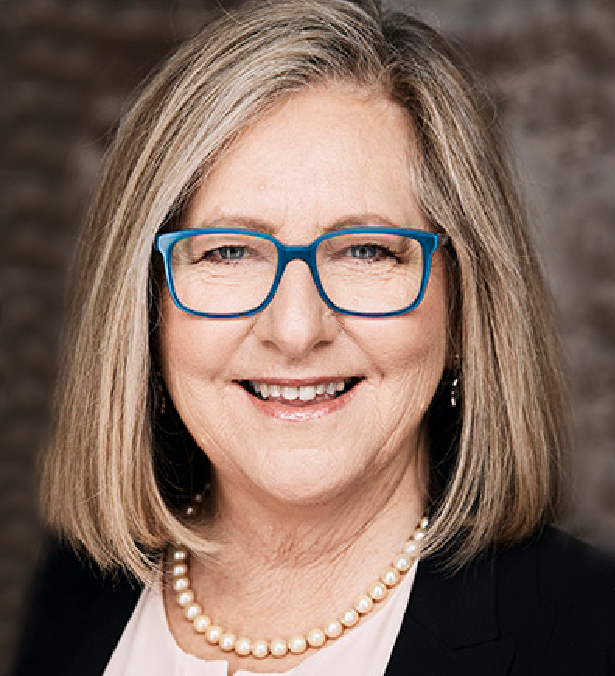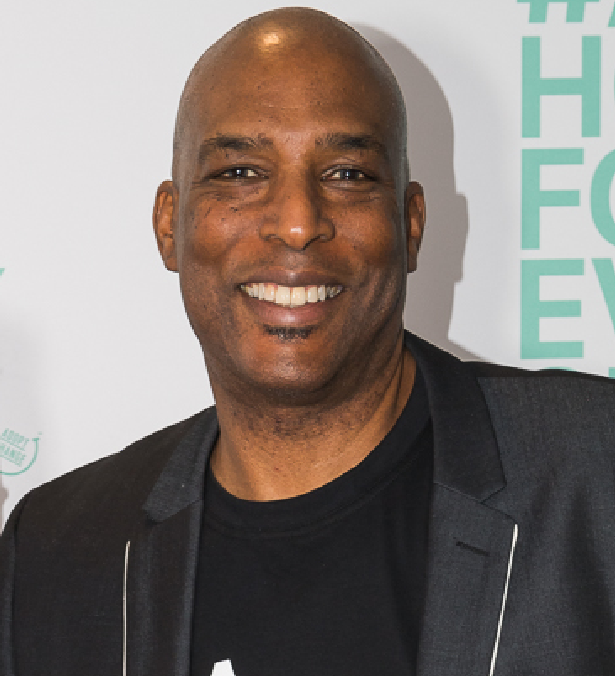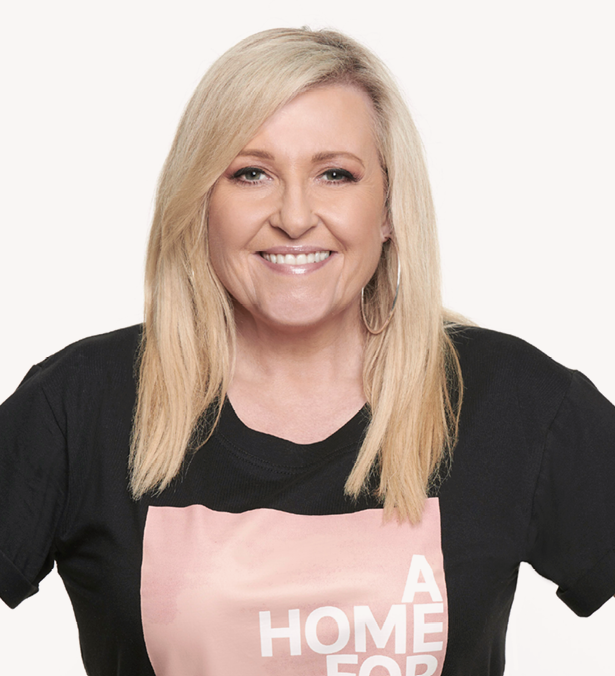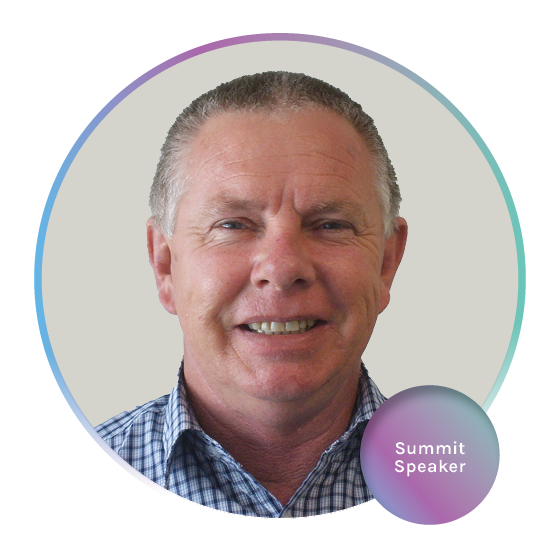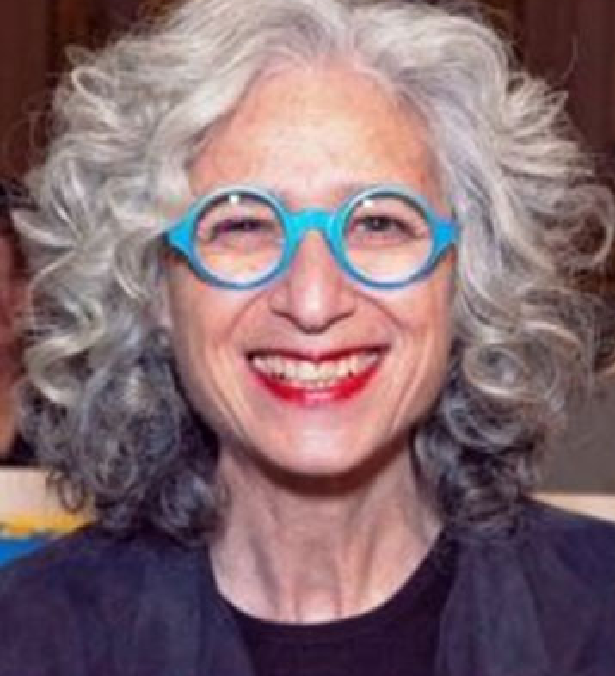Adopt Change says latest child protection figures are a national disgrace and urgent reform is needed
Adopt Change says latest child protection figures are a national disgrace and urgent reform is needed
The Australian Institute of Health and Welfare (AIHW) has today released its Child Protection Australia 2016-17 report and the numbers are alarming. The number of children in the out-of-home care system in Australia has risen to 47,195 for the period 2016-17*, up from 46,448 the year before, with 41% of children in out of home care for five years or more.
Renee Carter, CEO Adopt Change said, “The latest child protection figures are a national disgrace. There is a continued increase in the number of children in out of home care, a clear indication that the current approach to child protection in Australia is inadequate.
“There are over 30,000 children who have been living separately from their birth families for two or more years, unlikely to return home. Instead, they typically face 12.5 years in the out of home care system, with some children moving ten or twenty times and others living in residential group homes.
“We have a system which is failing our current and future generations of Australians and it is time for all state and territory governments to focus on urgent reform to address the issue and ensure more vulnerable, at risk children have access to permanent, loving and safe homes.”
While the number of children in out of home care has risen, the AIHW reported in December 2017** that only 246 Australian children were adopted, with the increase primarily due to the rise in the number of adoptions by known carers to 204, with 143 of these being foster carers, 131 of who were from NSW.
Ms Carter said, “We are at a critical juncture for child welfare in Australia. There are too many children living in limbo during their time in out of home care and the negative repercussions for children now and in later life include higher rates of homelessness, interactions with the justice system, and lower rates of education and health.
“We need to prioritise supporting families so they have the best chance of staying together. However when it remains unsafe for a child to live with their birth family then we need to put the rights of the child first and ensure they have access to adoption or guardianship depending on the situation. We must stop treating ‘adoption’ as a dirty word and recognise the stability this can bring to the life of a vulnerable child who has already experienced trauma and deserves the best chance at healing.”
In light of today’s report, Adopt Change is calling on urgent attention to the following areas:
- Evidence based measures for family support (preservation and restoration) to be invested in and implemented more widely
- Prioritise the rights of the child to safety and nurture, if not in their birth family, through guardianship or adoption. We cannot leave children in danger or in limbo any longer.
- Recognise the impact of childhood adversity and trauma on children and the ricochet effect it has on their whole lives and on society (such as homelessness, interactions with the justice system and impact on health and relationships).
- Support families who are looking after children who have come through the out of home care system – kin, relatives, foster parents and adoptive parents – to assist them in restoring wellbeing to the children in their care who have suffered trauma.
Ms Carter added that the organisation is pleased to see the New South Wales government leading the way with reform. This includes implementing evidence based measures to preserve or reunify birth families in the first instance, however where not possible, moving away from long term foster care and providing children with another permanent option within two years such as adoption or guardianship. She urged all states and territories to prioritise permanency follow their lead and provide the best possible outcomes for vulnerable, at risk children
ENDS
For interviews please contact Samantha Dybac, The PR Hub
E: samantha@theprhub.com.au
M: 0411 251 373
Available for interview:
Renee Carter, CEO, Adopt Change.
Case studies and B-roll footage available upon request
Website: www.adoptchange.org.au
Instagram: https://instagram.com/adoptchangeau/
Twitter: https://twitter.com/adoptchangeau
Facebook: https://www.facebook.com/AdoptChangeAU
About Adopt Change and National Adoption Awareness Month (NAAM)
Adopt Change exists to ensure all children have access to a safe, nurturing and permanent family home and that families with children who have experienced trauma are well supported.
Adopt Change believes that every child has a right to grow up in a safe, permanent and loving family home. Adopt Change’s mission is to raise community awareness, encourage ethical reform, and empower all Australians to engage with issues affecting adoption and permanency.
Adopt Change is committed to working with community and governments to transform attitudes and laws affecting adoption and permanency in Australia. Adopt Change advocates for open adoption as the first permanent option considered for children who cannot live with their family or kin and will otherwise spend their childhood in Out of Home Care.
National Adoption Awareness Week (NAAW) is coordinated by Adopt Change to promote reform of Australian adoption laws and practices to facilitate a community where a child’s right to permanency is prioritised. NAAW was founded by Deborra-lee Furness in 2008.
NAAW in 2018 will run from Monday 12 November – Sunday 18 November 2018
About Renee Carter
Renee Carter is the CEO of Adopt Change and member of the Institute Advisory Group for the Independent Research Centre Institute of Open Adoption Studies (The University of Sydney).
Renee has a strong background in communications and executive management, along with board level experience in the corporate and not-for-profit sectors and is a Member of the Australian Institute of Company Directors (MAICD). Her experience includes three years as Chair of charity Child Abuse Prevention Service (CAPS), an organisation focused on early intervention, education and support of families and communities.
Renee is passionate about influencing policy and practice to deliver timely and effective outcomes for children, by garnering community, sector and government support.
References
* Australian Institute of Health and Welfare (AIHW) 2017 Child Protection Australia 2016-17, AIHW, Canberra https://www.aihw.gov.au/reports-statistics/health-welfare-services/child-protection/overview
** There were 246 Australian child adoptions in total in 2016-17, with the increase primarily due to the rise in the number of adoptions by known carers to 204, with 143 of these being foster carers, 131 of who were from NSW. Of these children 80% were aged five years or older. Including intercountry adoptions the total number of finalised adoptions was 315, up from 278 for the previous year. Source: AIHW 2017 Adoptions Australia 2016-17, AIHW, Canberra. www.aihw.gov.au/adoptions/

